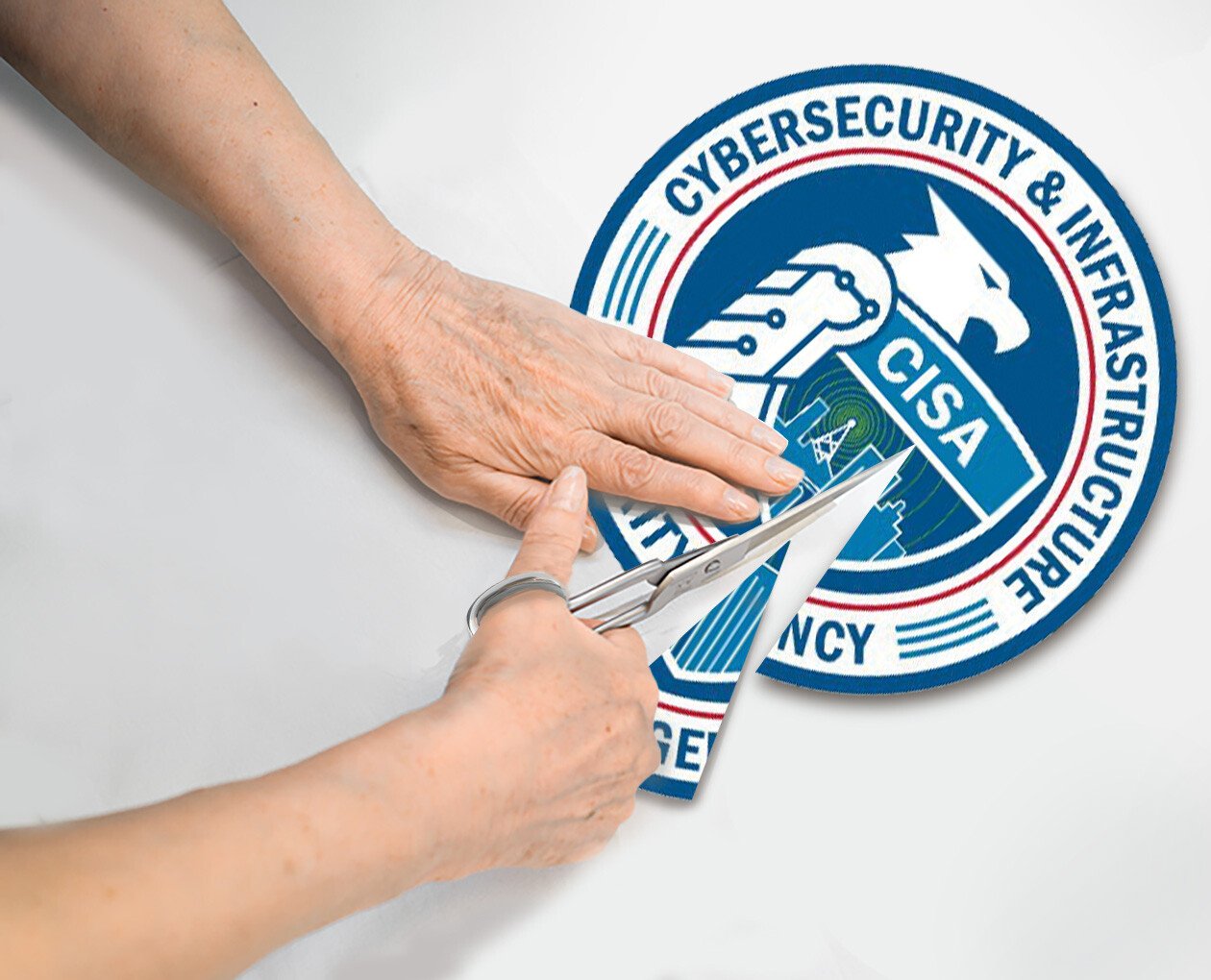My wife and I decided to do some car shopping. Nothing new, but something newer than our 2018 Kia Sportage that would provide better gas mileage as she finishes year one of a new outside sales job that requires travel throughout the great Northwest territory, including Washington, Idaho, and our home state of Oregon.
We researched hybrids and all-electric models, but before the daunting task of visiting auto dealerships, I thought I'd reach out to my credit union to see what kind of financing deal it could offer.
To my surprise, my credit union reported a flag on my credit report, which is typically spotless with a score in the upper 800s of the 900-limit credit rating for most credit reporting agencies.
My rating on my credit union's scale—which has a lower overall scale than the reporting agencies—was in the mid- to upper-600s. This was due, they said, to an unpaid, outstanding balance of $1,090 from the fall of 2022 with Charter Communications, the cable TV behemoth that also is known under the Spectrum name.
I've never been a Charter Communications/Spectrum customer, so my investigative journey began.
- Step 1: Dispute the fraudulent charge to my credit union. After about 12 business days (I was told it could take up to 30 days), I received a several-page document via snail mail saying, "nope, the charge is legitimate and tied to my personally identifiable information, or PII."
- Step 2: Contact the collection agency that is seeking to collect the owed funds. A nice gentleman answered the phone, I explained my situation, shared some PII so he could confirm who I am, and waited for him to click a few buttons on his end. "Yep, this is you," he said, "and I see you lived at (address redacted) in Empire, Alabama, when these charges occurred and went unpaid."
- Aha! I explained I have never lived in Alabama, or even set foot in the state. "Oh," he said. "I think we have a case of fraud here." He asked a few more questions just to make sure I was on the up and up.
- This is clearly a very common situation, as he was at the ready with a script telling me what to do next. He told me what to search for in my web browser—Spectrum ID Theft—and to follow the directions; but he also gave me an 800 number to call and leave a voicemail (only option) and a fax number, which he said was the preferred method of communication. Fax communication is preferred? Really? Isn't it 2023?
- Step 3: I typed "Spectrum ID Theft" into my Chrome search bar, and after visiting about a dozen different pages, I finally found the Charter Communications ID Theft Information Form, complete with instructions and a checklist, which included:
- Full filled-out ID theft form with police report (police report?!)
- Notarized ID Theft Form (more on that in a bit)
- Photocopy of valid government-issued photo identification card
- Proof of residency during the time of disputed bill or fraudulent account; must include name, date, and service address (rental/lease agreement, bank statement, tax document, utility bill or insurance bill). So I had to prove that I did not live in Empire, AL, at the time of the fraudulent charge by proving I indeed lived in my home just outside of Portland, OR.
- Provide any letters/documentation received from a collection agency
- Step 4: My dog-on-a-pork chop mentality kicked into full gear. I needed the documentation requested to battle this phony charge (and repair my good credit). Of course, I did not have a police report as I had no idea someone stole my identity last fall. So I did some further web research and came across this invaluable organization:
- The Consumer Financial Protection Bureau (CFPB), "a U.S. government agency dedicated to making sure you are treated fairly by banks, lenders and other financial institutions." It has a place on its site where you can fill out a complaint form, in essence a "police report," so you have record of filing a grievance. I was able to call out, specifically, Charter Communications and the credit collection agency. And now I had my "police report" I needed to complete my checklist of items to send to Spectrum/Charter Communications to report the fraud directly to them.
- Within days, I received an email from the CFPB saying they contacted the two organizations and that it indeed appears there is fraud afoot.
- Step 4.5: Now that I had my police report, I needed to gather the proof of documentation that I indeed lived in Oregon and not Alabama last fall. What better proof than to locate and print out the PDFs of the bills of my then and current cable provider showing I lived at my Oregon address. Boom, done. I sent a 27-page fax, complete with a cover letter, CFPB police report—which I had to get notarized at the very credit union that triggered this mess—photo of my driver license (really?!), ID theft report, copy of my cable bills with my Oregon address for the fall 2022 months in question, and communications from my credit union with the collection agency's information.
- Step 5: The wait. I felt good knowing I already received an email response from CFPB that they were taking action. About 10 business days later, I received a letter from the collection agency that it has "ceased collection of the account, have closed the account and we have returned your account to the original creditor, Charter Communications." The letter also said it would alert the credit reporting agencies to the fraud so the "flag" could be removed.
- A few days later, I received a letter from Charter saying it had "received and processed my identity theft complaint and removed your personal information from the Spectrum mobile account that was opened without your authorization. This account has been deemed fraudulent, and the account balance, if any, is no longer attributable to you."
- Step 6: On Friday, Sep. 1, I received an alert from one of my credit cards saying my FICO score had been updated, so I clicked through the free link in the app and, boom, my credit score is back to 861—it had dipped into the 700s with the fraudulent charge. Victory!
Lessons learned from my story? First, it IS worth paying attention to your credit score, even if you have a good one. I was only alerted to the score when I applied for that auto loan.
Second, take the time to try to repair your credit, in this case by fighting the fraud. I spent about eight hours total between calling my credit union and the collection agency, researching the Charter Communications site for the forms I needed, finding the CFPB to get the additional help I needed, visiting my credit union to get the "police report" notarized, finding and printing out the bills from my current cable provider, drafting a cover letter, and sending off the lengthy fax.
It was worth it. I feel vindicated. But also annoyed. To the yahoo in Empire, AL, who stole my identity, shame on you. I am guessing there will be no consequences. I'd share your address, but I'm not that kind of vindictive person.
I asked Google Bard for the best ways for U.S. citizens to report identity fraud, and here's what it had to say:
1. File a report with the Federal Trade Commission (FTC). The FTC is the U.S. federal agency that handles identity theft complaints. You can file a report online at IdentityTheft.gov or by calling 1-877-438-4338.
2. Place a fraud alert on your credit reports. A fraud alert tells creditors to take extra steps to verify your identity before opening a new account in your name. You can place a fraud alert for free by contacting each of the three major credit reporting agencies: Equifax, Experian, and TransUnion.
3. Freeze your credit reports. A credit freeze prevents creditors from accessing your credit report without your permission. This can help to prevent identity thieves from opening new accounts in your name. You can freeze your credit reports for free by contacting each of the three major credit reporting agencies (Equifax, TransUnion, and Experian).
4. Monitor your credit reports. It is important to regularly monitor your credit reports for any signs of identity theft. You can get a free copy of your credit report from each of the three major credit reporting agencies once per year at AnnualCreditReport.com.
5. Change your passwords. Change your passwords for all of your online accounts, including your bank accounts, credit card accounts, email accounts, and social media accounts. Use strong passwords that are unique for each account.
6. Be careful about what information you share online. Be careful about what information you share online, such as your Social Security number, birthdate, and driver license number. Only share this information with trusted websites and organizations.
If you think you have been a victim of identity theft, it is important to take action immediately. By following these steps, you can help to protect yourself from further damage. And be a dog on a pork chop when it becomes necessary.





